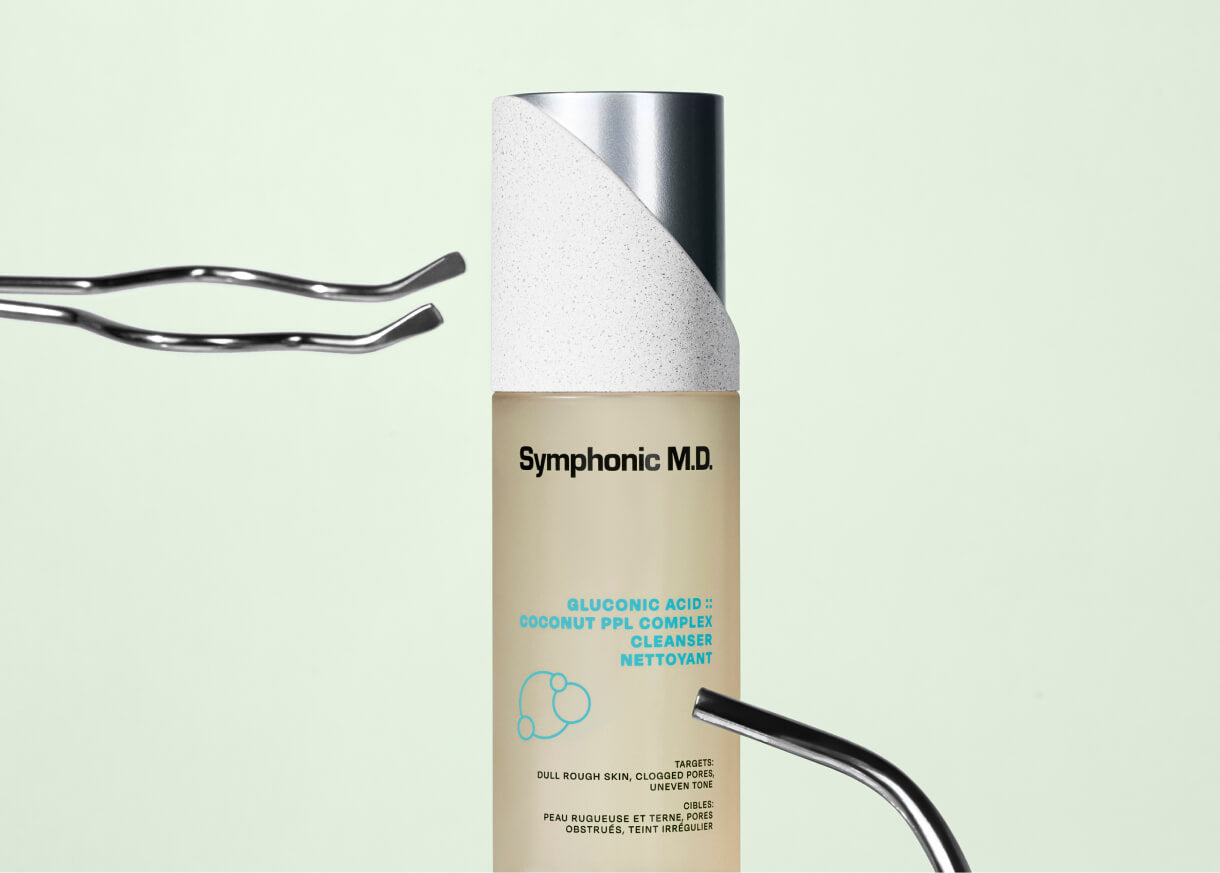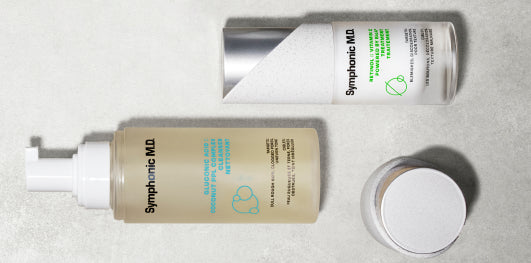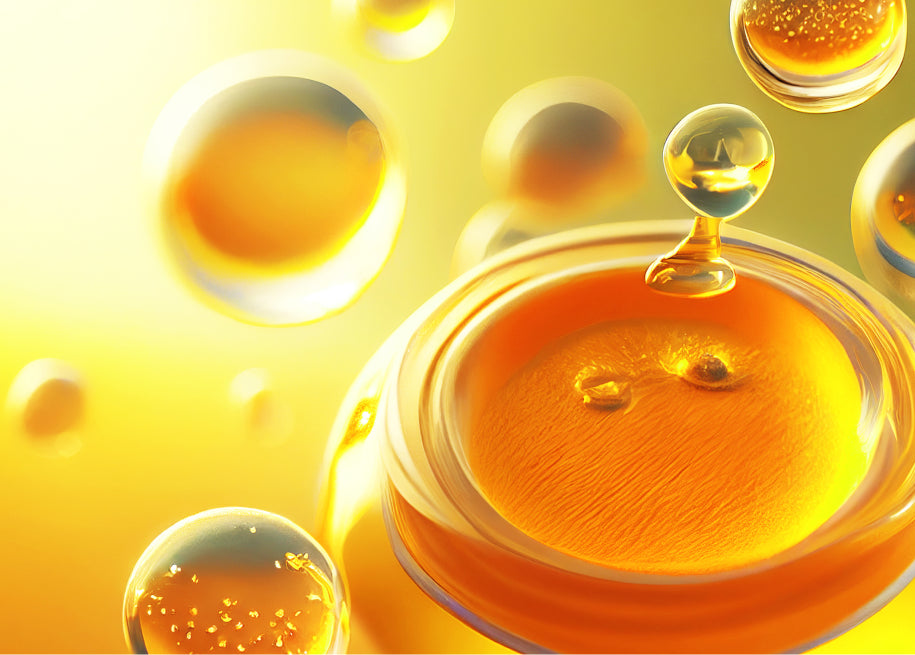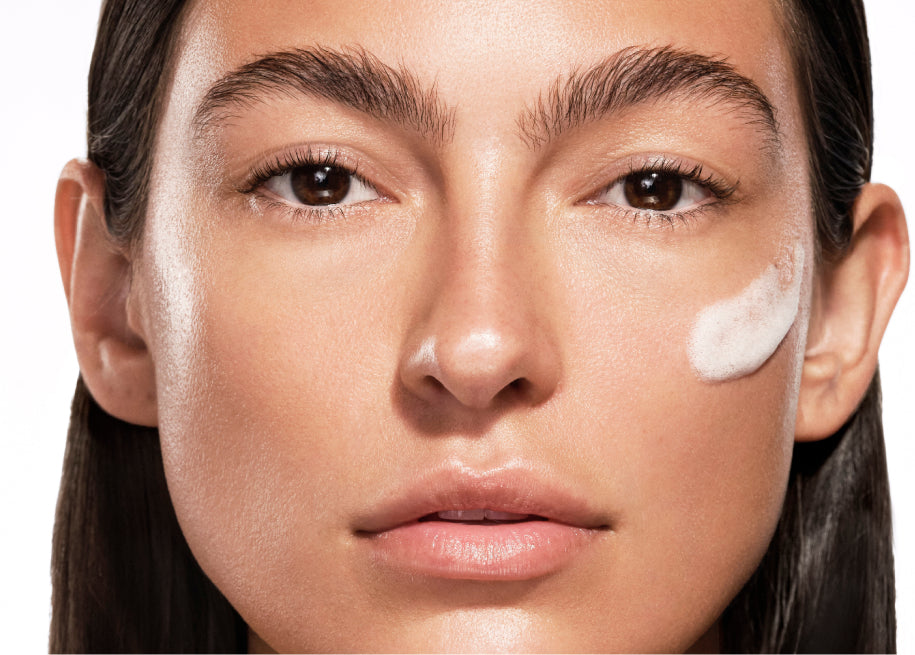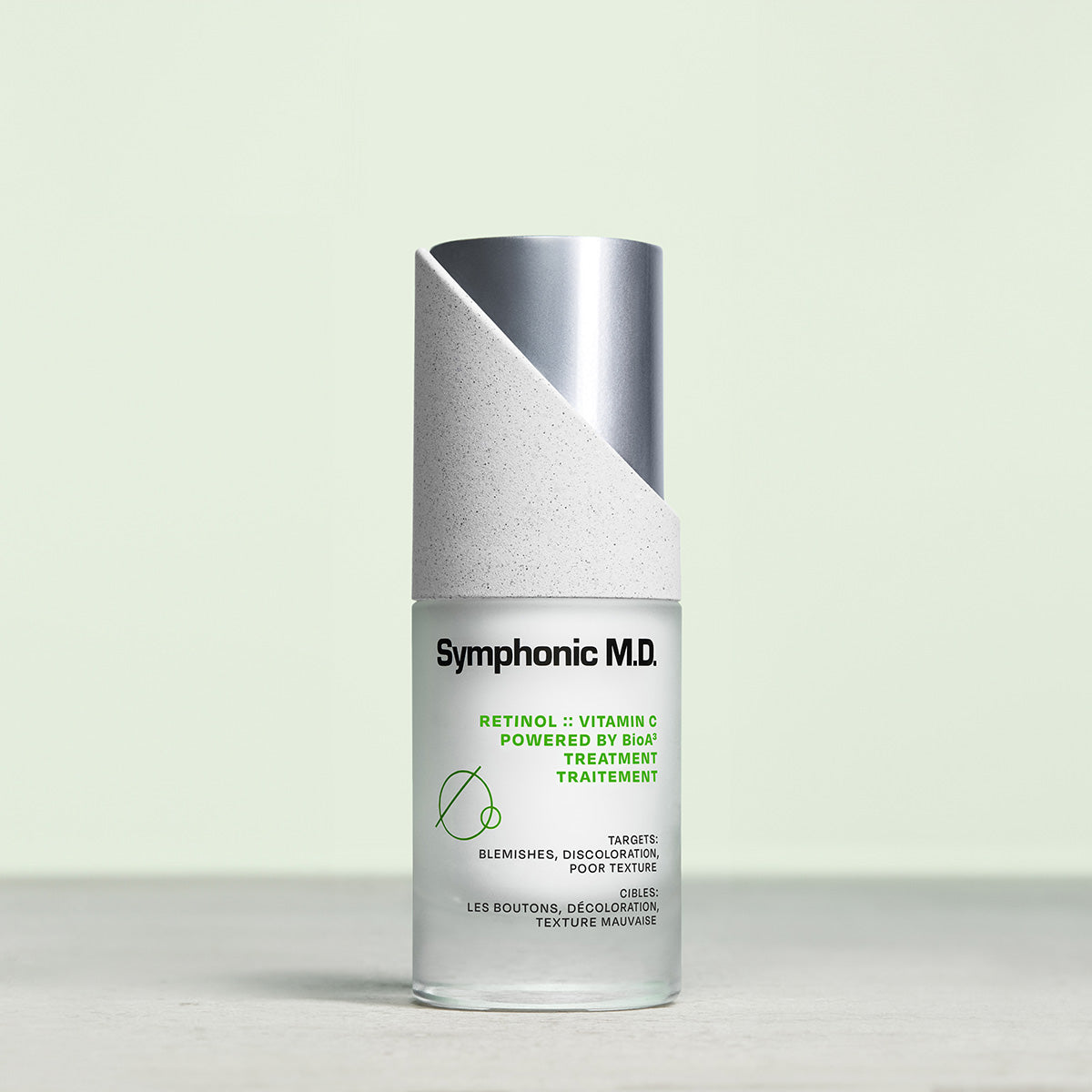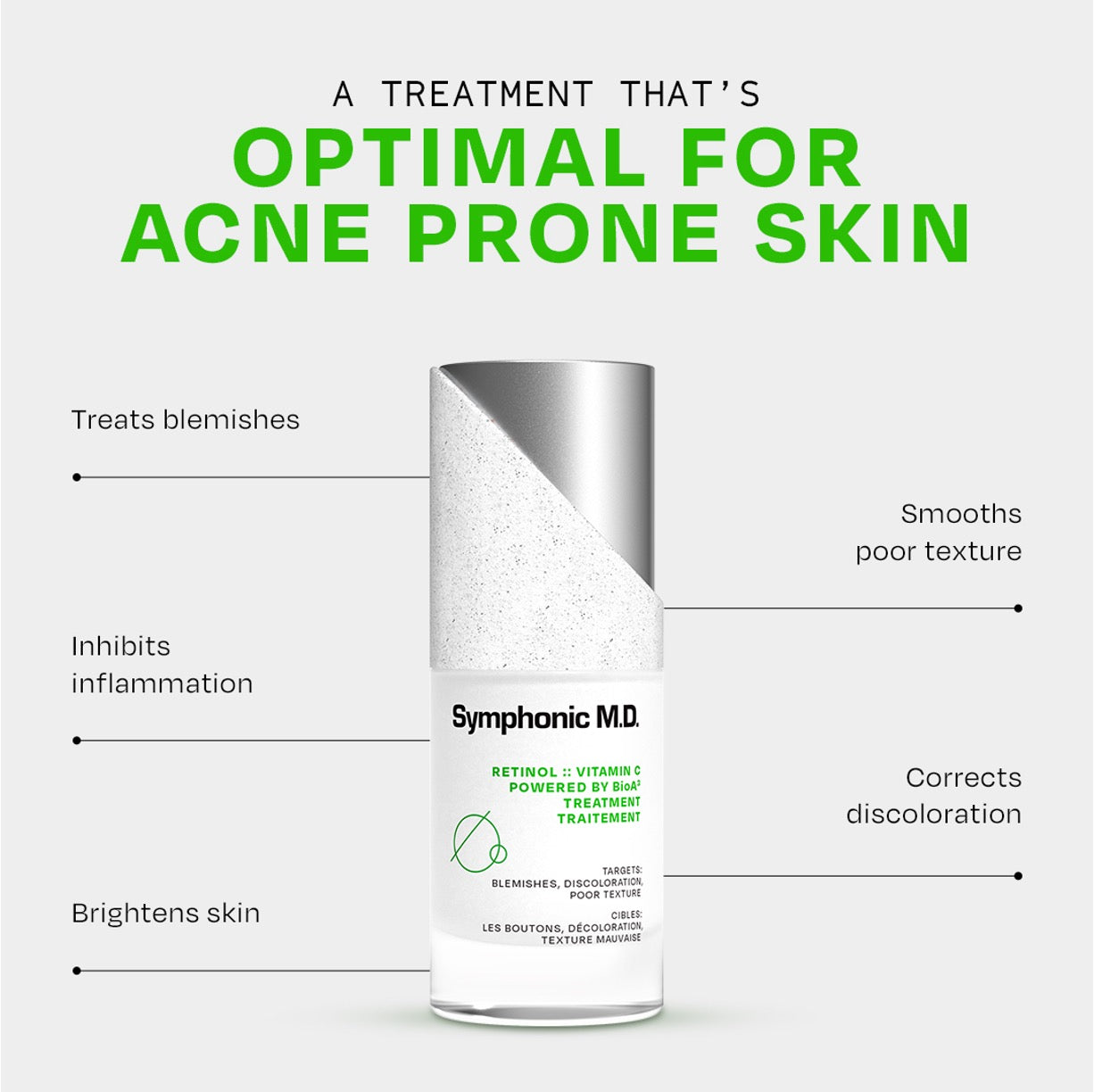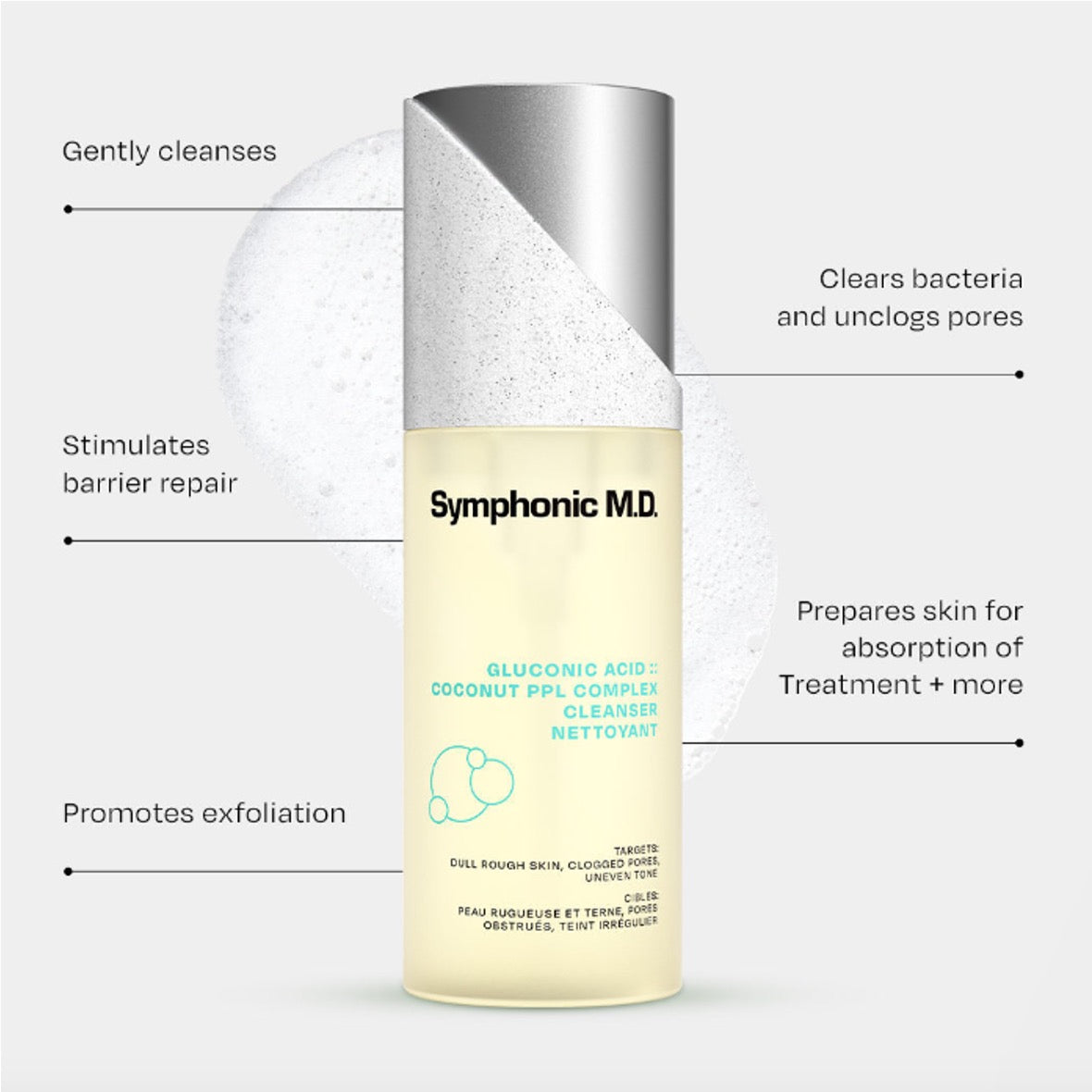Whether you’re new to skincare or you’re upgrading your regimen, our guide has got you covered with everything you need to know about cleansers and what they can do for your skin.
What are cleansers?
A facial cleanser is a skincare product primarily designed to wash your face. It removes makeup, dead skin cells, oil, dirt, and other pollutants that could harm the skin. While they wash the skin, cleansers can also provide additional skincare benefits, ensuring your complexion is clear, cleansed, and fully prepared for your skincare routine.
There are several types of cleansers available, which we’ll go into detail later on. Some of the most commonly used cleansers include gel cleansers, cream cleansers, and foam cleansers.
What are cleansers used for?
Cleansers are used to remove dirt and impurities from the skin, including makeup. They’re designed to be used daily, ensuring your pores are dirt and clog-free to keep your skin glowing and feeling smooth.
How do cleansers work?
Cleansers are formulated to work on the delicate skin found on the face. Most cleansers contain a surfactant – a chemical or natural compound that reduces the surface or interfacial tension between two liquids, a liquid and a gas, or a liquid and a solid. These surfactants absorb makeup, dirt, oil, and other impurities before they are washed away.
Difference between face wash and face cleanser
While they both have the same job – to clean the face – face washes and facial cleansers have some significant differences. In essence, a face wash is designed to simply wash the skin and clean your pores, while a cleanser does this and more.
What does cleanser do?
Facial cleanser removes makeup and impurities including dead skin cells, oil, dirt, and anything else that could clog the pores. It also works to purify, hydrate, and soothe the skin, leaving it feeling refreshed and revitalized.
Depending on the type of cleanser you use and the ingredients used in its makeup, your cleanser could also help to brighten the skin, improve hydration, and reduce the appearance of fine lines or wrinkles.
What does face wash do?
A fash wash works to effectively remove debris from deeper layers of the skin and clean out the pores. It also helps to tackle excessive oil production, making it particularly useful for oily skin types. Facial washes are typically available in water-based or foamy formulations that lather with water.
A face wash is designed to simply wash the skin and clean your pores, while a cleanser does this and more.
Should you use a face wash or a cleanser?
Deciding whether to use a face wash or a cleanser will depend on your skin type and any specific skin concerns you have. Generally, face washes suit oily and acne-prone skin as they tend to have stronger cleansing effects that get deep into the skin. Meanwhile, cleansers are ideal for all skin types – particularly dry or sensitive skin. Their mild formulation means you can use them even if you have skin conditions like eczema or rosacea.
| Face wash | Cleanser | ||
|---|---|---|---|
| Pros | Cons | Pros | Cons |
| Deep cleaning properties that can remove layers of dirt and germs. | Can dry the skin if used too frequently. | Support the removal of dirt and grime from deep in the skin’s pores. | Cleansers with exfoliants can be harsh on the skin and cause dehydration. |
| Great for oily skin. | Can make drier or sensitive skin types more prone to dryness or irritation. | Moisturizing and hydrating to keep the skin soft and supple | There can be some possibility of reactions depending on the product ingredients. |
| Gentler alternative to harsh soaps. | Products with alkaline components can cause skin roughness. | Ideal for sensitive or dry skin. | |
| Can remove dead skin cells and brighten the complexion. | |||
| Help other products penetrate deeper due to their non-comedogenic properties. | |||
| The massage element of cleansing can relax the skin and dilate blood vessels to increase blood flow to the skin. | |||
Can you use face wash and cleanser together?
Depending on your skin type, it’s possible to use a face wash and a cleanser together. For those with combination skin, a mixture of a facial wash and a cleanser could balance the oily and dry areas of the face. Additionally, if you have an oily and sensitive skin type, using both can help to prevent irritation while cleansing deeply.
Types of cleansers
One of the reasons why people are hesitant to start using a cleanser is because there are so many different products available and it can be hard knowing where to start. Plus, not all cleansers are created equal, so it’s important to find the right one for you.
Gel cleansers
The consistency of a gel cleanser is exactly what you imagine it’ll be – lightweight, usually clear, and gel-like. Gel cleansers are designed for deep cleansing and decongesting clogged pores to remove excess oil. They are great for people with oily or acne-prone skin as they destroy acne-causing bacteria to keep acne at bay.
While they work well for oily skin, they’re not as harsh as some other products designed for oily skin. The smooth gel texture means they have soothing properties that reduce redness and irritation, while also preventing acne.
Cream cleansers
With a thick, creamy consistency, cream cleansers are ideal for people with dry, sensitive, or mature skin. Cream cleansers often have a water-in-oil emulsion, which means they are intensely moisturizing and have a long-lasting effect on the skin. This is because they have a higher level of water resistance and help to decrease transepidermal water loss, leading to soothed and nourished skin.
Some cream cleansers also contain ingredients such as hyaluronic acid, glycerin, nourishing oils, and butter. They may also include mild surfactants that aid the cleansing process without damaging the skin’s natural barrier. So, if you are struggling with a damaged skin barrier, a cream cleanser would be your best option to prevent further damage and get you on your way to repairing your skin.
Foaming cleansers
This type of cleanser often starts with a different consistency and turns to foam when emulsified with water. Typically, foaming cleansers start as gels, liquids, or oils. They have a light texture that creates a luxurious consistency when rubbed into water and onto the skin. Foaming cleansers work well for oily and combination skin types as they clean deep in the pores, removing excess dirt, sebum, and impurities.

While foaming cleansers have an intense cleansing ability, most are formulated to maintain the skin’s natural pH balance and hydration, ensuring your skin feels clean and nourished.
Which type is best for me?
To determine the best cleanser for you, you must first know your skin type. You can then look for products that are formulated to address the concerns typically associated with that type of skin. For those with dry skin, a cream cleanser would add moisture back to the skin.
If you have oily skin, a gel or foaming cleanser is beneficial in deeply cleansing the skin without damaging the skin barrier. Sometimes, a combination of two different cleansers can deliver the best results. For example, use a deep cleanser to delve into the pores followed by a hydrating cream cleanser to restore moisture.
Choosing the right cleansing product
To maintain skin health and a radiant complexion, it’s vital that you select the most appropriate cleansing product for your skin. Consider your skin type, personal concerns, and any specific needs.
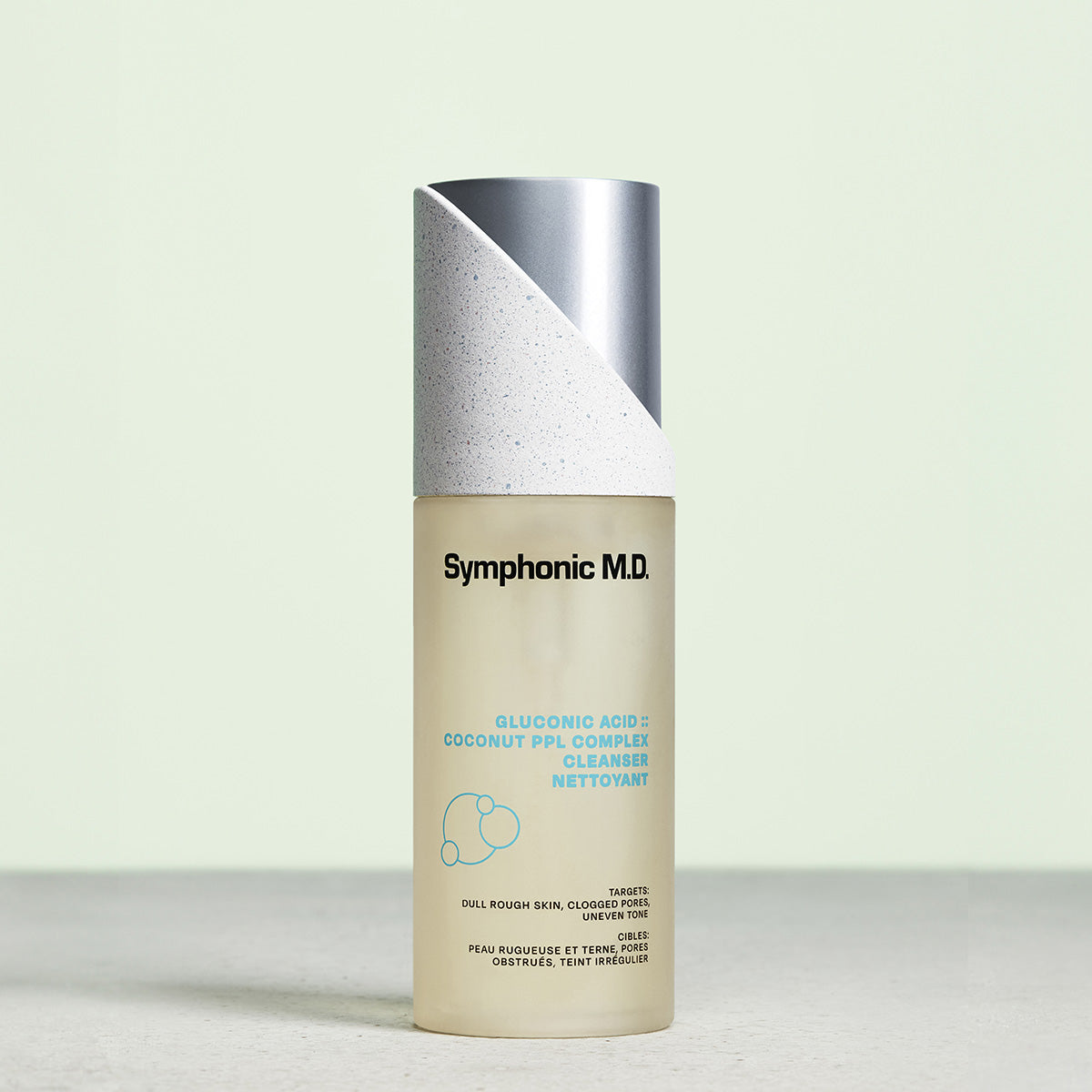
Gluconic Acid :: Coconut PPL Complex
This calming antimicrobial formula targets dull skin, clogged pores, and uneven tone — gently shedding cells while strongly stimulating barrier repair to leave skin soft and purified.
Ingredients to avoid in a cleanser or a face wash
If you’ve found a cleanser that says it’s been formulated to suit your skin type and targets your concerns, look at the ingredients to ensure there are no harsh chemicals or potential irritants hidden inside. This is especially important if you have sensitive skin or you’re prone to breakouts and inflammation.
Here are some of the ingredients you should steer clear of when searching for a cleanser.
Sulfates
Sulfates are usually produced from petroleum and plant sources like coconut or palm oil. They create a foamy lather which is beneficial in a skincare product, but they are also known to strip the skin of its natural oils. Unfortunately, this can lead to dehydration, irritation, and an imbalanced pH level. We’d advise against cleansers containing sulfates, especially if you already have dry or sensitive skin.
Parabens
You might have already heard of parabens. They’re the synthetic preservatives manufacturers use to prevent bacteria and mold growth to extend a product’s shelf life. Parabens are an ingredient to avoid. Some research has raised concerns regarding their ability to mimic estrogen, leading to hormonal imbalances in the body.
Phthalates
Some skincare manufacturers use phthalates to increase the flexibility and softness of plastics. This group of chemicals is often found in fragrances and skincare products. Growing research into phthalates suggests these chemicals are linked to hormonal disruptions, reproductive issues, developmental problems, and an increased risk of some more serious health conditions like breast cancer.
Mineral oil
Mineral oil comes from petroleum, and it’s a colorless, odorless ingredient. Some skincare products contain it as a moisturizing agent. However, it acts as an occlusive layer on the skin which can lead to trapped dirt and bacteria. Mineral oil is also comedogenic, so it can clog pores and cause irritation or breakouts- not great for oily or acne-prone skin.
Fragrance
Let’s be honest, we all love skincare that smells good. However, some heavily fragranced skincare products can do more harm than good. The difficulty is that the term “fragranced” can mean many different things. For example, “fragrance” can refer to several synthetic or natural chemicals, many of which can cause irritation, allergic reactions, and adverse skin reactions such as dermatitis. Anyone with sensitive skin should steer clear of any fragranced products and instead opt for skincare with scents from natural oils.
Introducing our Gluconic Acid :: Coconut PPL Complex cleanser
At Symphonic M.D., we’ve created a gentle foaming cleanser that thoroughly cleans and exfoliates the skin while destroying the bacteria that causes blemishes. Its PHA formulation includes gluconic acid to get deep into the pores and purify the skin, leaving it feeling softer with a more even tone.
The power of our Gluconic Acid :: Coconut PPL Complex cleanser helps to gently shed dead skin cells, while strongly stimulating barrier repair to leave skin soft and purified, allowing your skin to better absorb the products that follow your cleansing routine.

Gluconic acid is a type of PHA that deeply cleanses the pores and purifies the skin.
Why our product stands above the rest
Our gentle foaming cleanser is a stand-out product in the market thanks to its unique PHA formulation and inclusion of gluconic acid. The multi-functional phospholipid complex derived from coconut gently cleanses the skin while clearing bacteria and clogged pores.
PHA formulations have a large molecular structure that’s not commonly found in comparable ingredients. They can gently penetrate and exfoliate the skin without causing damage. This, alongside PHA’s antioxidant properties, ensures even those with sensitive skin can exfoliate their face to benefit from improved skin texture and a boosted skin barrier.
Gluconic acid is a type of PHA that deeply cleanses the pores and purifies the skin. It promotes skin renewal and evens skin tone while hydrating and reinforcing the skin barrier.

Gluconic Acid :: Coconut PPL Complex
This calming antimicrobial formula targets dull skin, clogged pores, and uneven tone — gently shedding cells while strongly stimulating barrier repair to leave skin soft and purified.
Gentle exfoliation
While the main purpose of our Gluconic Acid :: Coconut PPL Complex cleanser is to cleanse the skin, PHA means it can also effectively and gently exfoliate the skin to reveal a more glowing complexion. PHA is milder than traditional AHA or BHA exfoliating products so it can be used by all skin types, including sensitive or acne-prone skin.
Some other benefits of PHA are that it has antioxidant and humectant properties, and can actively strengthen the skin barrier. In addition, PHAs do not cause sun sensitivity, so you can still safely use our cleanser on vacation or sunny days.
Deep pore cleansing
Our foaming cleanser includes gluconic acid, which is a PHA that can penetrate deeper into the skin, resulting in a deeper pore cleansing experience. This compound is found naturally in certain fruits, beets, and sugarcane, so it’s a safe and natural ingredient with great skin benefits.
In addition to deep pore cleansing, gluconic acid purifies and moisturizes the skin to keep it soft. This can improve skin tone and texture, increase hyaluronic acid, treat skin conditions such as acne, and help to treat sun-damaged skin.
Protection & preservation
Cleansing the skin is one thing, but protecting it is also important. Our foaming cleanser both cleans and provides resilience and protection to the skin barrier, ensuring optimal skin health and a radiant complexion.
Anti-microbial features
Microorganisms are everywhere and our skin comes into contact with them every day. That’s why our cleanser includes anti-microbial features to kill or slow the spread of these harmful microorganisms. Our foaming cleanser effectively kills blemish-causing bacteria, helping you maintain blemish-free skin that’s less prone to acne outbreaks and infection.
Calming & soothing properties
Our foaming cleanser includes ingredients that exfoliate and cleanse the skin while ensuring your skin is irritation-free. The gluconic acid in our cleanser draws in moisture and water molecules to aid skin hydration, while a coconut-derived phospholipid complex gently cleanses to reveal smooth and soothed skin. Each ingredient calms the skin to ensure the exfoliating properties do not irritate the skin.
The biggest benefit of our foaming cleanser is that it suits all skin types.
Rich in antioxidants
Antioxidants are naturally occurring compounds that effectively prevent skin cell damage and defend skin from free radicals. Our foaming cleanser is full of antioxidants that protect your skin. Antioxidants have numerous benefits for the skin, including improved hydration, boosted collagen, reduced appearance of lines and wrinkles, and decreased inflammation.

Who should use our foaming cleanser?
Perhaps the biggest benefit of our foaming cleanser is that it suits all skin types. The foaming consistency and antimicrobial properties make it a natural choice for oily or blemish-prone skin, while the optimal hydration and nourishing properties support dry and sensitive skin.
How to properly use cleanser
It’s one thing to choose a cleanser, but using it effectively ensures you see the best results. To achieve the full benefits of your cleanser, always ensure you follow the manufacturer’s guidance. If you’re new to cleansing, here are some tips to help you get started:
- Use lukewarm water to dampen your skin and open the pores
- Apply a dime-sized amount of cleanser to your fingertips and gently massage it onto your face using circular motions
- Ensure all areas of the face are covered, but avoid the delicate skin around the eyes
- Pay attention to areas where dirt and oil are more prominent, like the creases of the nose and forehead
- Massage the cleanser for around a minute or until the product is well-absorbed
- Rinse your face with lukewarm water ensuring all traces of the product are washed off
- Pat your face dry with a soft towel and avoid rubbing harshly
- Continue the rest of your skincare routine
New to using cleansers and don’t know where to start? Learn everything you need to know about the dos and don’ts of using facial cleansers in our comprehensive guide How To Use A Facial Cleanser
How often should you use cleanser?
For optimal results, use your facial cleanser twice every day – once in the morning and again in the evening. Throughout the day, our skin is exposed to several factors that can aggravate our skin, including dirt and pollution. Therefore, an evening cleanse is essential for removing these pollutants and ensuring you wash the day’s aggressors away.
While your morning skin won’t have any dirt or makeup to remove, this cleanse is good for adding hydration and preparing the skin for the rest of your skincare routine.
Should you double cleanse your skin?
Many people double cleanse their skin, with several benefits that back up this process. The method of double cleansing originates from Korean skincare routines that include using two different cleansers. People would use an oil-based cleanser to break down and remove oil-soluble impurities, and then a water-based one to remove any remaining dirt or sweat.
Some benefits of double cleansing include:
- A more thorough cleanse removing all impurities
- Better absorption of following products
- Prevention of clogged pores and breakouts
If you have oily skin or wear a lot of heavy makeup or water-resistant sunscreen, you could benefit from double cleansing. Likewise, if you are exposed to a lot of external aggressors, for example, if you live in a highly polluted area, double cleansing would be good for you too.
What not to do when cleansing
While cleansing seems a relatively simple step in your skincare routine, there are a few practices or habits we suggest avoiding.
Don’t wash your face with hot water
Hot water can strip the skin of its natural oils, resulting in dehydration, dryness, irritation, and an imbalance in the skin’s moisture levels. Avoiding hot water is particularly important for sensitive skin as it can further impact red or irritated skin. Always use lukewarm water to protect the skin.
Don’t use bath soap on your face
Bath soaps are known to disrupt the pH balance of the face as they are often more alkaline. Washing your face with bath soap can result in a damaged skin barrier and increased skin irritation. It can also make your face more susceptible to bacteria.
Don’t rub the cleanser too hard into your skin
When cleansing, it’s important to let the cleanser do the hard work. Avoid rubbing the product too hard as this can cause damage to the skin barrier, leading to greater irritation and inflammation. Vigorously rubbing the skin can also cause micro-tears which can contribute to fine lines and wrinkles. Always gently apply your cleanser in circular motions.
Don’t over cleanse
Cleansers are the preferred choice for washing your face, but it’s possible to over-use them. Cleansing too much can strip the skin’s natural oils and disrupt its microbiome. This can result in dryness, irritation, and damage to the skin barrier. For best results, stick to cleansing twice per day.
The bottom line
Using a cleanser is an essential part of your skincare routine, no matter what skin type you have. But choosing the right cleansing product is the key to achieving the best results for your skin. Armed with the knowledge provided in this guide, you should be able to confidently select the best cleanser for your skin type and start your journey to healthy, glowing skin.
